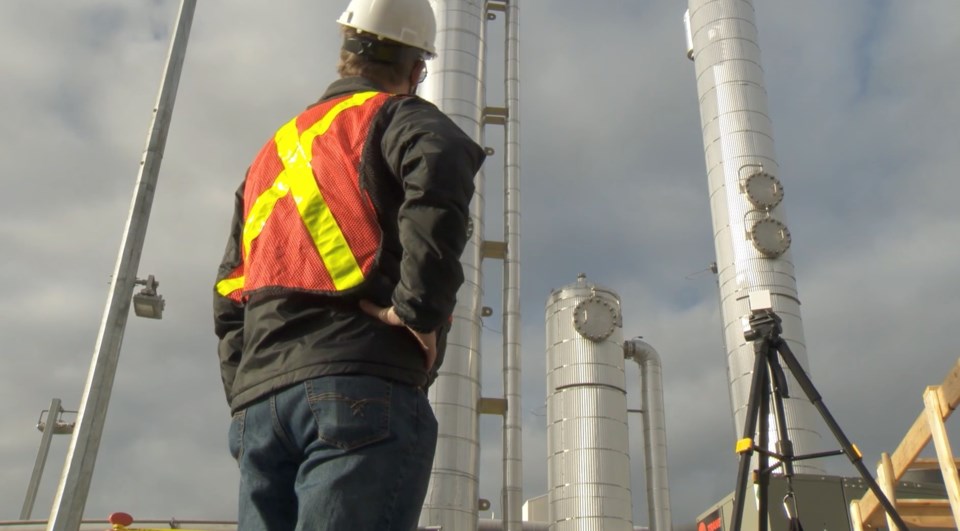An environmental group and two B.C. residents have sued the province’s largest gas utility, claiming FortisBC deceived the public in an effort to convince British Columbians to continue purchasing gas it markets as “renewable.”
The case is the first time a major utility in Canada has been sued for allegedly making deceptive claims about renewable natural gas (RNG) — a catch-all term which can include hydrogen; gas pulled from coal, plants or wood; or methane emissions siphoned off manure, landfills, or wastewater plants.
The allegations were filed in the Supreme Court of B.C. Monday by Stand Environmental Society; Penticton resident and active climate change advocate Lorraine Goldman; and Edgar Dearden, a sustainable building designer from Whistler.
By misleading the public on the environmental impacts and affordability of gas, FortisBC has breached B.C.'s Business Practices and Consumer Protection Act and is “obstructing efforts to reduce emissions” in line with B.C.’s climate targets, the lawsuit alleges.
“This misinformation is being done at a moment when we see local governments really trying to take the lead, do everything they can,” said Stand’s senior campaigns director Liz McDowell in an interview.
“We need to be doing everything we can to tackle the climate crisis, and that means using all of our human ingenuity to develop solutions; not fighting fossil fuel interests that are, quite frankly, lying about what the problem is and what the solutions are in order to make profit.”
In a statement, a spokesperson for FortisBC said it is aware of the lawsuit and “will not comment on the merits of the claim.”
“FortisBC takes climate change very seriously and is taking action to help B.C. meet its climate goals,” read the statement. "We’ve always worked to protect the environment — whether by helping customers reduce their GHG emissions, progressing initiatives to lower our own operational GHG emissions or implementing new environmental protections.”
Fortis using RNG to remain relevant, allege plaintiffs
Advocates of RNG say the gas is a carbon-neutral solution that can be pumped through existing transmission systems without a massive overhaul of infrastructure. FortisBC says it's aiming for 15 per cent of its natural gas supply to come from renewable sources by 2030, a target it says will reduce customer emissions by 30 per cent.
Detractors of the alternative gas often note that at the molecular level, RNG is nearly identical to fossil gas. That means if RNG seeps into the atmosphere, it acts as a greenhouse gas over 80 times more potent than carbon dioxide over a 20-year period.
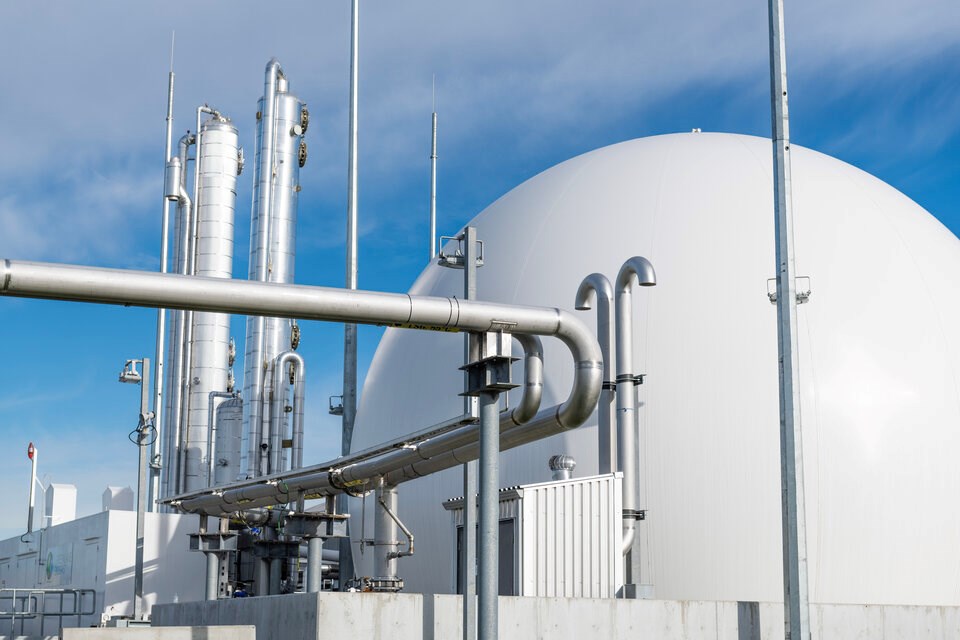
​Burning gas to heat buildings accounts for about 10 per cent of B.C.’s carbon emissions, but that number climbs past 50 per cent in the province’s largest cities.
To tackle those emissions, the province and several municipalities have moved to adopt a Zero Carbon Step Code, which allows municipalities to target the carbon output of new buildings by pushing builders to install low-carbon heat pumps or by building more efficiently.
McDowell says that in response, FortisBC has embarked on a public relations campaign to have its gas infrastructure included in the code. That advertising has flooded public spaces, social media and lawmakers’ inboxes with misleading and incorrect information hailing RNG as a solution to the climate crisis, she said.
McDowell says the latest lawsuit is an attempt to correct that misinformation.
Arguments hinge on five categories of alleged deception
According to the notice of civil claim filed Monday, the plaintiffs’ initial arguments will hinge on five categories of misrepresentation.
The first alleges Fortis markets RNG as something that physically comes into customers' homes “from local farms landfills and municipalities,” when in fact, the company currently buys more than 85 per cent of its RNG outside of B.C. — a product burned somewhere else by someone else.
In a second set of alleged deceptions, the lawsuit claims FortisBC’s marketing omits that more than 90 per cent of the gas delivered to people's homes in B.C. is from fossil gas derived from fracked wells in northern B.C. and Alberta.
Third, while FortisBC has made several claims its RNG is certified by a third party as carbon-neutral, the lawsuit alleges no such certification exists.
The plaintiffs also claim FortisBC has falsely marketed gas as a home heating solution more affordable than electric heat pumps.
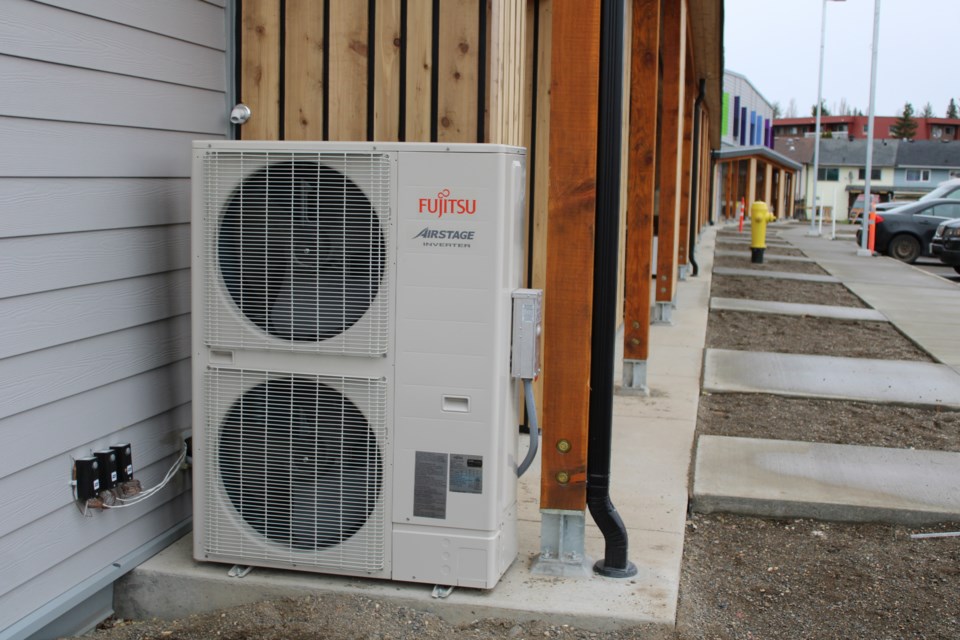
In one instance on its website, Fortis claims “heating with natural gas is about one third the cost of electricity.” And in the company’s online Home Energy Calculator, the court document claims FortisBC misrepresented the relative affordability of gas by listing a number of customer rebates for high-efficiency gas furnaces while omitting rebates for electric heat pumps.
The lawsuit counters: “The higher efficiency of an electric heat pump will often mean that it is more affordable to operate.”
And in a final category of alleged marketing deception, the plaintiffs claim FortisBC falsely depicted the impacts of gas on climate change in statements published on its website and in several opinion pieces, including in the Times Colonist and Business in Vancouver.
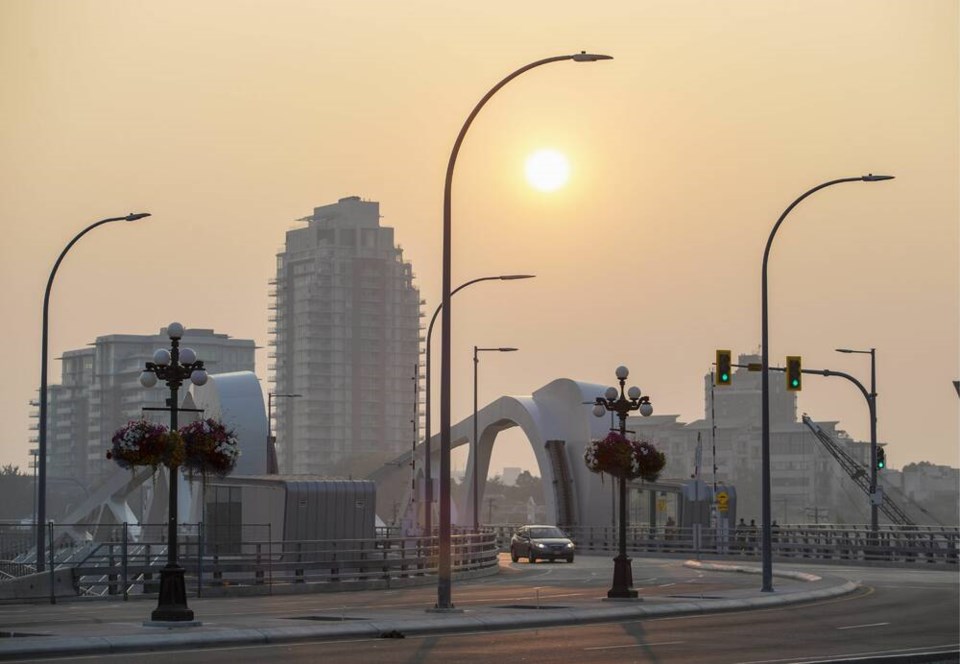
In one Fortis statement cited in the lawsuit, the company presents the choice of upgrading to a high-efficiency gas furnace, upgrading to RNG, or installing an electric heat pump as equivalent when it comes to impacts on climate change.
“The choice is yours,” says Fortis. “Remember, there isn't a right way or a wrong way.”
Andhra Azevedo, a lawyer with Ecojustice representing the plaintiffs, said that kind of statement ignores that electric heat pumps are “much more efficient” and often cheaper than gas.
Azevedo will argue the case alongside Slater Vecchio LLP, a law firm with experience litigating consumer protection and class-action cases. Scheduling backlogs mean the court should take about two years to hear the case and render a decision.
Over that time, Azevedo said the public will have a chance to see how the evidence alleging FortisBC’s greenwashing is weighed and whether it stands up to legal scrutiny.
“FortisBC and other gas utilities are trying to survive and need to keep increasing their gas connections in order to continue to grow,” said Azevedo.
“And so they're using this pitch of renewable natural gas… to try and wash over all of the rest of Fortis’s products, which are majority fossil-fuel based.”
A rise in claims against gas utilities for greenwashing
Similar greenwashing allegations have been submitted in complaints to Canada’s Competition Bureau. In 2022, a group of doctors and nurses filed a with the bureau claiming the Canadian Gas Association — a national group representing companies like FortisBC, Enbridge and TC Energy — ran a “false and misleading” advertising campaign that touted gas as an "eco-friendly" fuel.
While the bureau has yet to release a decision, evidence has emerged elsewhere that gas utilities are increasingly looking to RNG as a way to keep their business models relevant. Or as McDowell put it: “trying to do anything possible to keep their business model alive.”
At the global level, strategy documents leaked from the suggested it moved to create a global playbook, with messaging tailored to the promotion of gas based on the “environmental-consciousness” of the market in question.
In Europe, the narrative included promoting the “greening of gas” by redefining it to include other alternative gases — such as renewable gas — without a fossil fuel background.
For the domestic North American market, the union recommended members — which include the Canadian Gas Association — should highlight increased efficiency and new technology that will help the gas industry “play a vital role delivering a cleaner environment to the region,” among other measures.
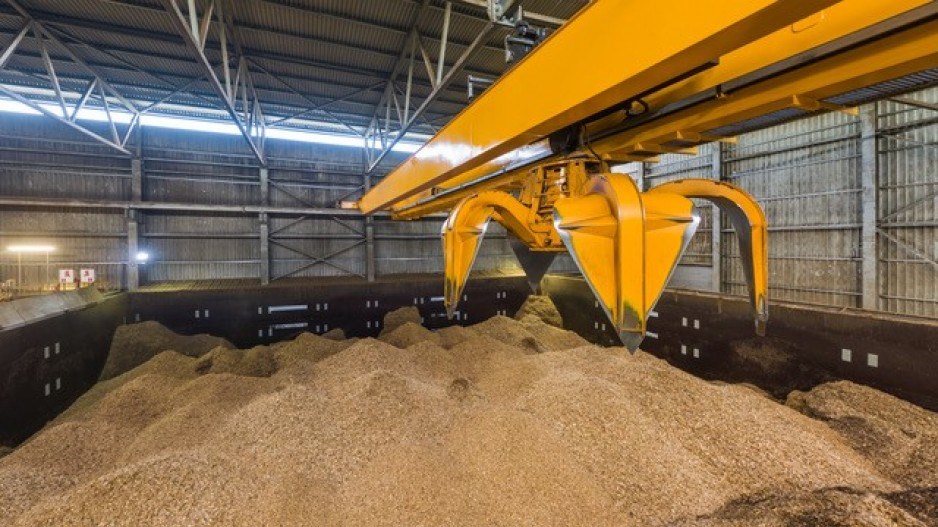
FortisBC is far from the only gas utility framing RNG as the future of the industry.
In the United States, 2018 obtained by the Climate Investigations Center suggest that the American Gas Association planned to use renewable natural gas as a tool to “mitigate the opposition’s furor against infrastructure expansion.”
And in 2021, a reporter from obtained presentation slides from Evensource Energy, in which the large utility reportedly urged a coalition of 15 gas companies to oppose electrification of building heating and cooling systems.
In one , the company states fossil natural gas is “in the fight of its life” and that RNG “likely will save” the natural gas business.
California case against SoCalGas the closest precedent
Few lawsuits involving RNG as an alleged tool for greenwashing have ended up in court. But one recent case in California offers a glimpse of a possible outcome.
In September 2023, the state of California settled a case against for allegedly misrepresenting RNG to the public.
As part of its injunction, the court ordered SoCalGas to refrain from “stating or implying that natural gas is ‘renewable’” — unless the statements complied with a set of federal standards meant to help marketers avoid making environmental claims that mislead consumers.
The court also ordered SoCalGas to publish a statement on its website informing customers of the true composition of its natural gas. However, by settling the case, the court never ruled on the merits of the arguments against the gas company.
If it's heard, the latest case against FortisBC could offer a landmark decision in efforts to hold the alleged greenwashing of fossil fuels in check.
Should they win, the plaintiffs are seeking a declaration from the court that FortisBC breached the Business Practices and Consumer Protection Act, and an injunction restraining the company from deceiving the public through the marketing of its gas products and services.
They are also asking the court to order FortisBC to issue corrective advertisements to the public.
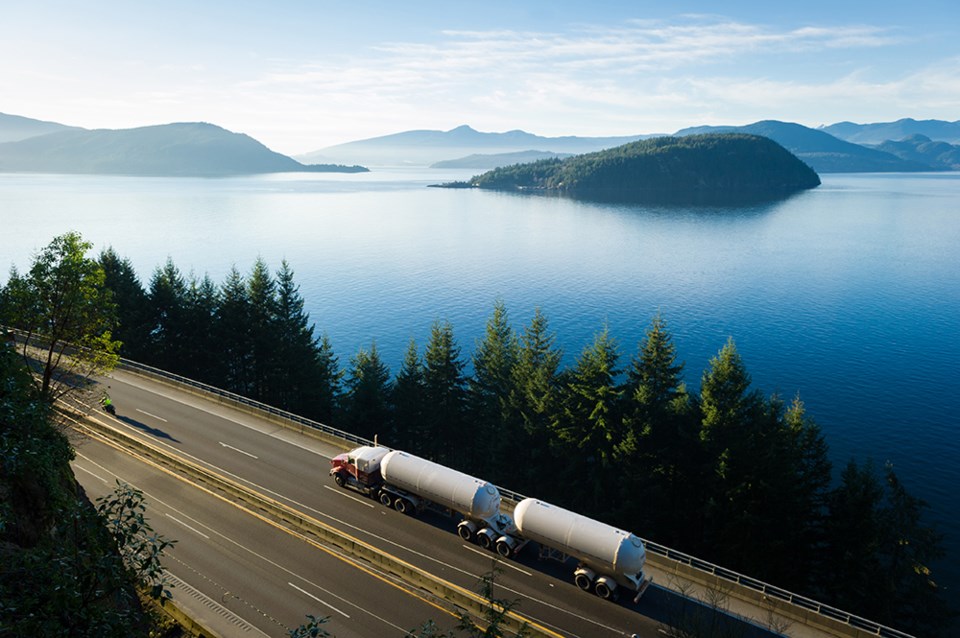
Azevedo said that if the case is heard, arguments that gas utilities are using RNG to greenwash their operations will be limited to Fortis’s past, current and future activities in B.C. — operations that have been under increased scrutiny in recent weeks.
Last week, a major pillar of FortisBC’s plan to burn renewable natural gas in B.C. hit a wall when the BC Utilities Commission that would have mandated new buildings receive 100 per cent RNG without paying a premium.
The decision found the move would result in “undue price discrimination” as existing customers would be forced to subsidize the added costs (by one estimate, existing clients could have been forced to provide $750 million in subsidies).
The commission also rejected a Fortis plan to invest in liquefied natural gas due to “uncertain market conditions.” The commission did, however, approve the company’s long-term gas resource plan, including a proposal that will mandate a “notional” RNG blend for all of its customers across the province.
